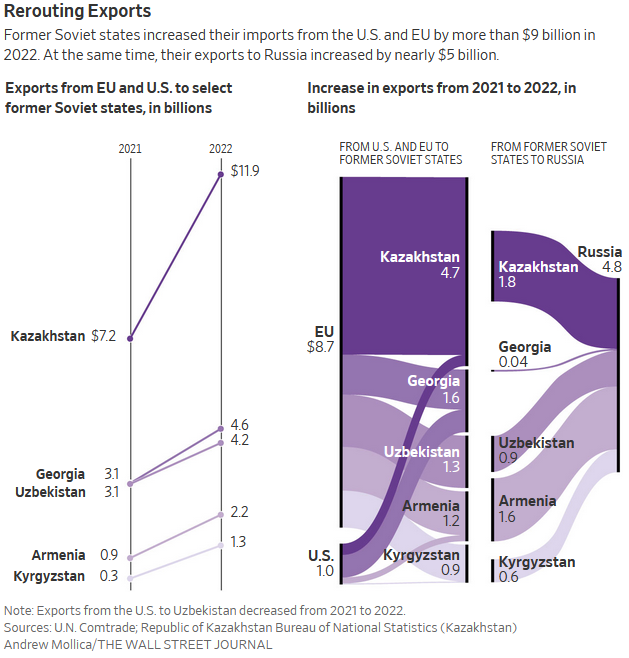The FDIC, in the wake of its own failure regarding the Silicon Valley Bank and Signature Bank collapses (primarily caused by those banks’ managers’ failures, but the FDIC had its role, too, along with the Federal Reserve’s regulators), now wants to excuse failure by making those who failed whole again—and do it at the expense of the rest of us.
Those who failed, in this context, are those with uninsured deposits—deposits larger than the presently insured $250,000—at banks. The FDIC actually is proposing an assessment on larger, successful banks which would be used to…repay…those uninsured depositors who would otherwise be left holding the bag in a bank failure. Even an FDIC bureaucrat knows that such an assessment wouldn’t be paid by any of those larger, successful banks, but by those banks’ customers in the form of higher fees, higher loan interest rates, and lower deposit interest rates.
Ostensibly, the assessment is backward-looking and is only a one time good deal for those bag holders of SVB and SB.
The proposed special assessment would recoup the $15.8 billion paid out from the FDIC’s Deposit Insurance Fund to protect depositors in SVB and Signature who had deposits in excess of the $250,000 insurance threshold. It would do so by imposing a fee of 0.125%—or 125 basis points—on insured deposits at banks with $5 billion in assets or more, which would remain in effect for eight quarterly assessment periods starting in the first quarter of 2024.
If this goes through, though, you can bet your own deposits, large or small, that the assessment will be made permanent and available to all future depositors. The FDIC never should have bailed out those two banks’ uninsured depositors in the first place; now it wants to cover up its mistake by spreading it around.
This is the path to destruction. If there is no failure, there can be no improvement, no progress, only poverty—and not only economic.

